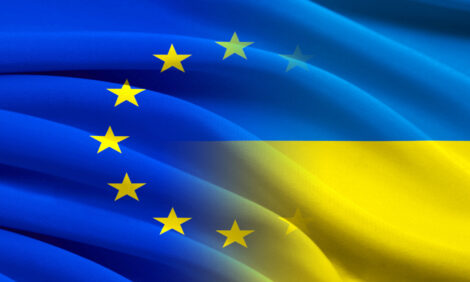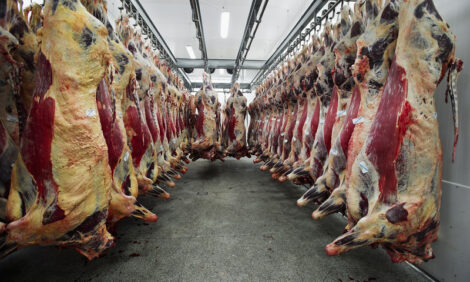



New Zealand Beef Steady in Korean Market
SOUTH KOREA - New Zealand beef is continuing to retain its share of the imported beef market in Korea in spite of the re-entry of beef from the USA in 2007, according to Meat & Wool New Zealand Chairman, Mike Petersen.Mr Petersen, who was at the International Business Forum (IBF) Korea New Zealand Business Roundtable meeting in Seoul, says New Zealand beef is continuing to hold its own with volumes of around 38,000 tonnes worth NZ $181 million last year.
“New Zealand imported beef has retained its market share of around 19 per cent of the imported beef market with the increase in American supplies coming at the expense of Australian beef. It’s encouraging to see that our volumes are continuing to hold up in this very competitive environment.”
Korea is New Zealand’s second biggest beef export market and Meat & Wool New Zealand and the New Zealand meat industry has focussed on programmes to promote the safe and healthy attributes of grass fed beef to Korean consumers.
“New Zealand grass fed beef is unique in the Korean market compared to other imported beef, and therefore it is important we promote this point of difference to Korean consumers. However there are challenges around continuity of supply that we will need to be addressed if we are to continue our growth in this important market,” said Mr Petersen.
Silver Fern Farms Chief Executive, Keith Cooper said while Korean prices had held in line with the market, our focus on food safety and traceability will continue to underwrite our competitive advantage, and the basis of the longevity of relationships with existing customers.
Mr Petersen said his attendance at the Korea New Zealand Business Roundtable was to continue to strengthen the business relationships between the two countries alongside the commencement of Free Trade Agreement negotiations between New Zealand and Korea.
“We’re particularly keen to see progress with this FTA because it is a market where we face very high tariffs and strong competition from other importing countries. Sheepmeat has applied tariffs of 22.5 per cent with beef tariffs ranging from 40 per cent to 72 per cent for some processed products,” he said.
“The fact that Korea is also commencing talks with Australia alongside the recently completed but yet to be ratified FTA with the USA makes our talks even more vital.”
Mr Petersen said it was important to emphasise that New Zealand grass fed beef does not pose a threat to domestically produced beef by the special Korean Hanwoo cattle. Leaner grass fed New Zealand beef provides health conscious consumers with an alternative beef product, increasing beef’s share of the wider protein market.
TheCattleSite News Desk


